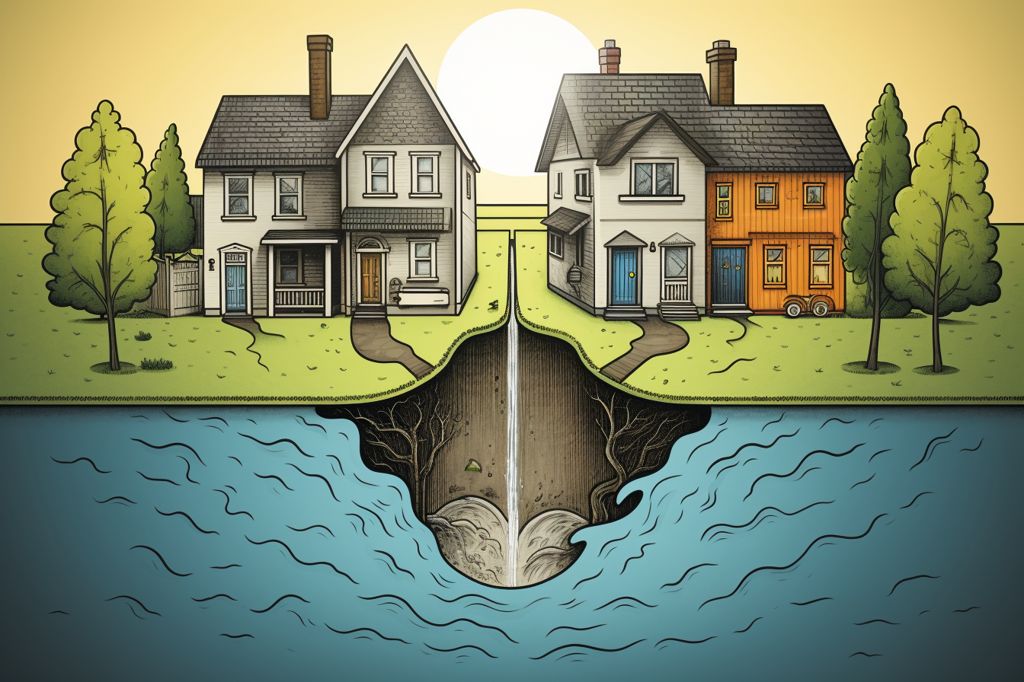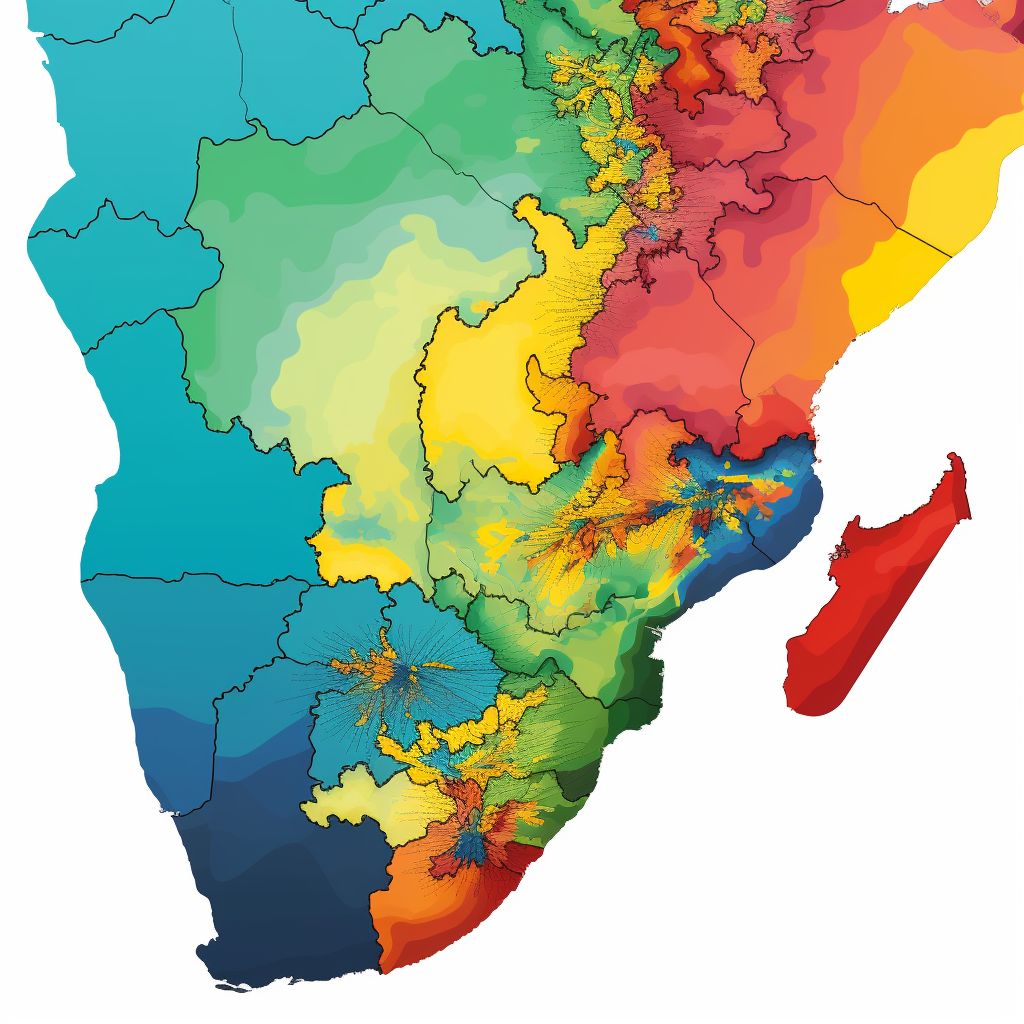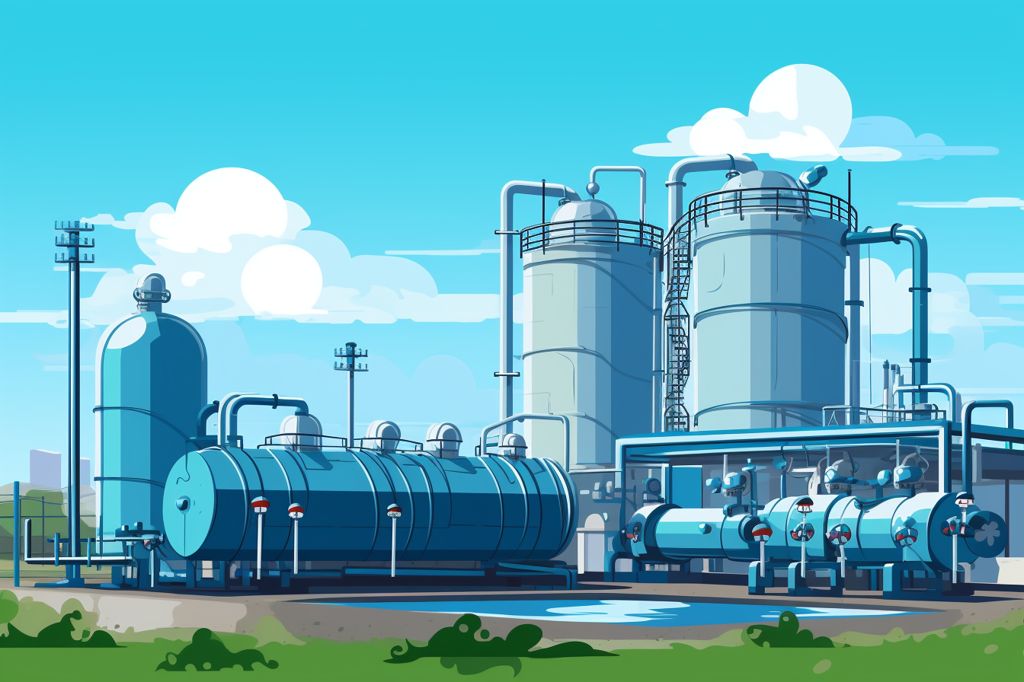During the winter months, many cities face a recurring problem of sewer overflows. These not only cause inconvenience for residents but also pose significant environmental hazards. By directing rainwater to the appropriate stormwater drains, households can play a vital role in reducing sewer overflows in their neighborhoods.
Understanding the Problem
Rainwater infiltration into sewer systems contributes to overflowing sewers. Sewer drains are essential components of a city’s Water and Sanitation Directorate‘s infrastructure, designed to control wastewater flow through sewer pipes. These drains should not be used for stormwater or for disposing of food, dirt, or rubble.
According to the city’s Wastewater and Industrial Effluent By-law, no one should allow rainwater discharge into a sewer drain, which is known as a cross-connection. Many cross-connections exist on private properties, where rainwater from roofs, gutters, and paved surfaces enters sewer drains. This situation leads to sewer floods during rainy periods, causing overflows further down the network.
Multiple factors contribute to sewer overflows, including rain entering sewer pipes through open drains or illegal stormwater-to-sewer connections, as well as illegal dumping that causes blockages. Waste entering the system through drains and sinks reduces the sewer pipes’ capacity to convey wastewater, damaging infrastructure like pump stations and resulting in overflows and flooding.
Citizen Responsibilities and Reporting
Residents should promptly report missing or stolen manhole drain covers, as they help prevent sewer overflows into the streets. It’s essential to ensure that gutters are directed to stormwater drains and not sewer drains.
If an illegal stormwater-to-sewer connection is discovered, residents should contact a registered plumber or a reliable builder or handyman to rectify the connection or create a legal diversion to ensure compliance.
City Water and Sanitation teams typically clear sewer blockages and clean affected areas while working to reduce the impact of load-shedding on pump stations servicing neighborhoods. Residents must report blocked sewers and overflows as soon as possible through official channels, allowing the city to address complaints promptly.
Alternative Stormwater Solutions
Residents can consider alternative solutions to avoid excess rainwater on the property, such as discharging rainwater over unmade ground or garden areas to recharge groundwater, creating a channel or pipe for rainwater to flow into the street and enter the stormwater system, or collecting rainwater for garden use.
Reporting Service Requests
Residents should report water and sanitation-related service requests, such as sewer overflows or blockages, through various channels, including WhatsApp, online, email, SMS, call, or by visiting a city walk-in center.
By working together to ensure proper rainwater drainage, residents can help alleviate the issue of sewer overflows, contributing to a cleaner, healthier environment for everyone to enjoy.








